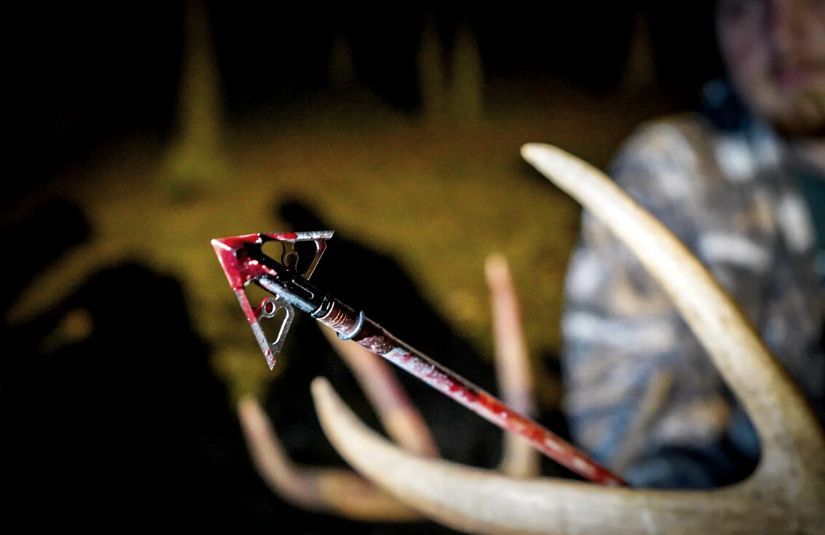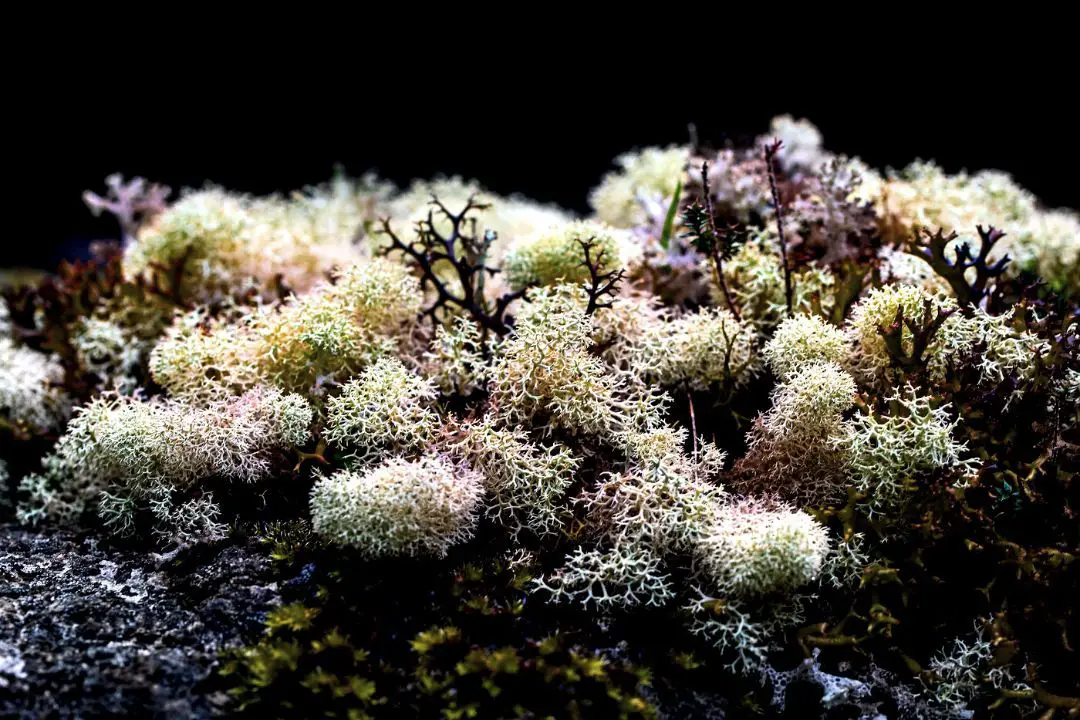A Quick Read on Vacuum-Sealed Meat: How Long Will It Last?
Vacuum sealing is a great way to keep meat fresh and prevent spoilage. But how long does sealed meat last? The key to making sure your meat stays fresh is to ensure that it is properly sealed and stored in a cool, dark place.
Any hunter knows the importance of sealing their game meat correctly. Not only does it prevent spoilage, but it also keeps the flavor locked in. When done correctly, vacuum sealing can make your meat last significantly longer. But just how long does it last?
Vacuum-sealing game meat is a great way to keep it fresh and prevent it from spoiling. When done correctly, vacuum-sealed meat can last for months—even up to a year or more—in the right conditions. The key to making sure your meat stays fresh is to ensure that it is properly sealed and stored in a cool, dark place.
If you are storing your vacuum-sealed meat in a fridge, it will last for 3-4 weeks. If you are storing it in a freezer, it will last for 6-12 months. However, if you are storing your vacuum-sealed meat in a root cellar or other cool, dark place, it can easily last for up to a year or more.
Some Things To Keep In Mind
- First and foremost, it's important to start with high-quality meat. This may seem like a no-brainer, but it's important to remember that the quality of your finished product is only as good as the quality of the ingredients you start with. So, if you're planning on vacuum sealing your meat, make sure to choose the freshest, highest-quality cuts available.
- Once you have your high-quality meat, the next step is to properly prepare it for vacuum sealing. This means trimming off any excess fat and silver skin, as well as making sure that it's cut into uniform pieces. Not only will this help your meat cook more evenly, but it will also help it Seal better.
- Once your meat is trimmed and cut into uniform pieces, it's time to season it. This is completely up to personal preference, but we recommend using a simple rub of salt, pepper, and garlic powder. Remember, you can always add more seasoning later, but you can't take away what you've already added!
- After your meat is seasoned, it's time to start vacuum sealing. The key here is to make sure that there are no pockets of air in the bag; if there are, your meat will not Seal correctly. To avoid this problem, we recommend using a handheld vacuum sealer with a moist/dry setting. This way, you can Seal your bags without worrying about them being damaged by moisture.
- When storing vacuum-sealed meat, be sure to label the bag with the date so you know when it was sealed and can keep track of how long it has been stored.
- Additionally, always check the seal before consuming any stored meat to make sure that it is still intact and has not been breached.
Cooking Vacuum Sealed Meat
Vacuum-sealed meats can be cooked using any method you prefer; however, we find that slow cooking yields the best results. After all, there's nothing better than coming home to the mouthwatering aroma of a home-cooked meal!
Conclusion
Vacuum-sealing game meat is a great way to keep it fresh and prevent spoilage. Now that you know about vacuum-sealed foods, it's time to pick a proper vacuum sealer for yourself!
And if you're looking for the best vacuum sealer, then you've come to the right place. Our team of experts has tested and reviewed dozens of models, and we've compiled our findings into a comprehensive buying guide.
We've also picked out the best vacuum sealer for 2022, so you can be confident that you're getting the best possible value for your money. So what are you waiting for? Check out our article and pick the best vacuum sealer for your needs.

Also, check out some of our other articles:






